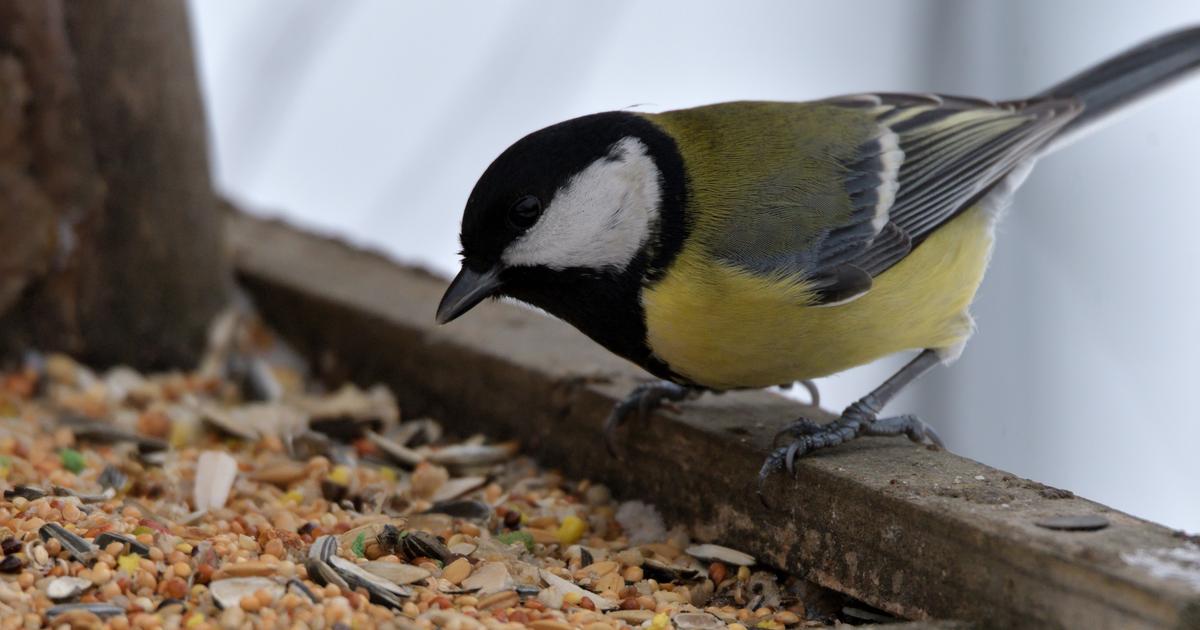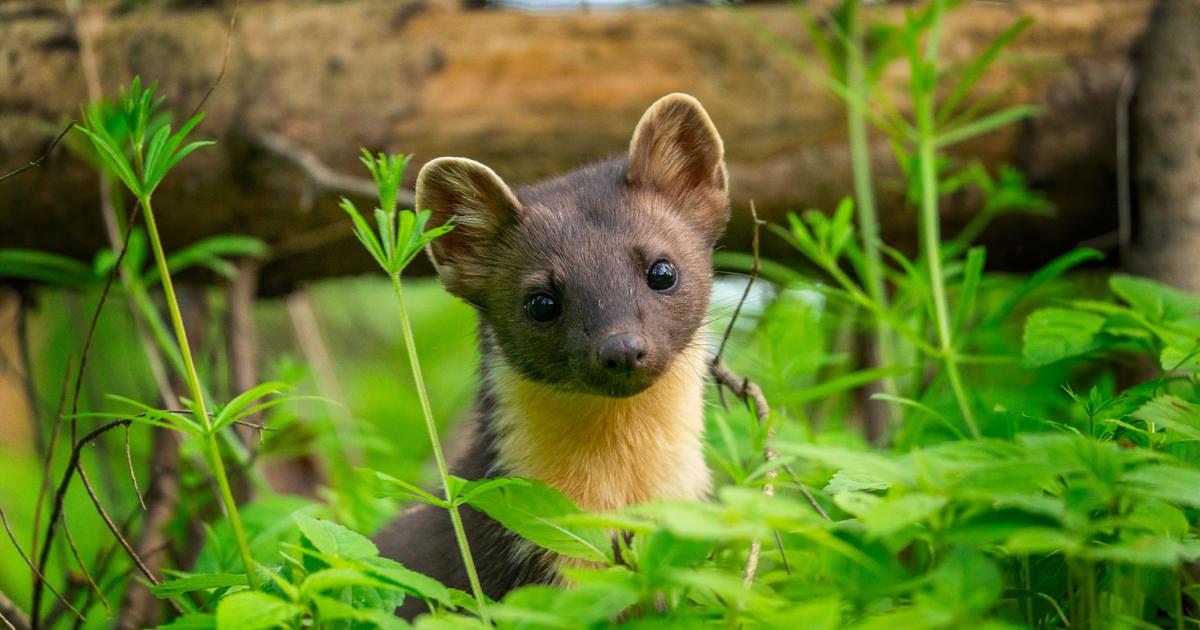A real little aerial ballet of birds unfolds before your eyes when you are in your garden.
To give them a boost so
that they fill up
, in addition to their food, here is a list of seeds - which must be
unsalted and unroasted
-, to be placed on a wooden board or in a feeder, high up , to watch them, from a distance, pecking.
To discover
True or false: fight misconceptions about the garden
The League for the Protection of Birds (LPO) recommends this action only when nature is less generous and food resources are scarcer,
between November and March
.
During this period, the birds especially need food rich in carbohydrates and fats to better overcome the low temperatures.
In summer or in case of strong heat, you can leave them
a bowl of water
that you will change regularly.
Read alsoBirds: “We can give seeds, but only in winter”
sunflower seeds
Of American or Mexican origin, sunflower seeds, with a slightly domed ovoid shape, are rich in lipids, proteins, carbohydrates and vitamins B and E, in the form of linoleic acid.
There are two categories: striped and black.
It is advisable to favor the latter, which is less rich in fat.
They are the most used to fill the small rounded belly of granivores, such as tits, finches, nuthatches, woodpeckers, greenfinches or goldfinches.
Read also5 birds to observe in your garden in spring
corn seeds
Coming from Central America, particularly Mexico, corn belongs to the grass family.
It is rich in vitamins B and C, fiber, protein and minerals.
Its crushed seeds are used to feed sparrows, bullfinches, finches, juncos, white doves and sparrows that feed
at ground level
.
Blackbirds prefer corn flakes.
wheat seeds
Composed mainly of starch and protein, wheat comes mainly from Europe, North America and the Middle East.
Its grains, arranged on a support on the ground so as
not to be in contact with humidity
, are appreciated by doves, sparrows, bullfinches, pheasants and other pigeons.
barley seeds
Barley, a cereal from the same family as wheat and oats, is rich in soluble fiber and beta-glucan, magnesium, phosphorus and is a source of B vitamins and high energy value, from the grass family.
Its seeds, placed on a dry surface on the ground, are the delight of sparrows, pheasants, doves, finches, buntings and pigeons.
Read alsoGarden: knowing the birds well to better protect them
oat seeds
Oats, from the grass family, is a cereal native to Asia Minor and Central Europe, which is believed to have been cultivated since around 2500 years BC.
A source of protein, carbohydrates, water, amino acids and B vitamins, its seeds are effective in attracting seed-eating birds such as finches and robins.
millet seeds
Native to Africa and Asia, millet seeds, yellow in color, are rich in magnesium, protein, vitamins B and E, minerals and gluten-free.
Sparrows, greenfinches, goldfinches, doves, accentors and buntings are fond of it.
Niger seeds
Elongated in shape and dark in color, it is renowned for its lightness and finesse.
Originally from Africa, it is rich in protein and fat.
This explains why it is appreciated by small birds such as goldfinches and juncos.
Read alsoGarden birds: how to stop their decline?
poppy seeds
Chickadees, nuthatches, goldfinches will come to your garden if you put poppy seeds there, black or dark blue in color, originating from the Middle East.
They come from the Papaver somniferum plant and are rich in lipids, carbohydrates, proteins, vitamins and mineral salts, preferably mixed with other seeds.
Watermelon and melon seeds
Watermelon and melon, native to Africa, are from the Cucurbitaceae family.
Rich in protein, amino acids, vitamins and minerals, chickadees love watermelon seeds, while sparrows will love melon seeds, which are rich in fiber and vitamins A and C.
Moreover, it is possible to make mixtures of these seeds, avoiding incorporating
flax or castor seeds which are toxic
or those which are artificially colored.









/cloudfront-eu-central-1.images.arcpublishing.com/prisa/MLFTWZB5YBHDBM347QQHE75HKY.jpg)